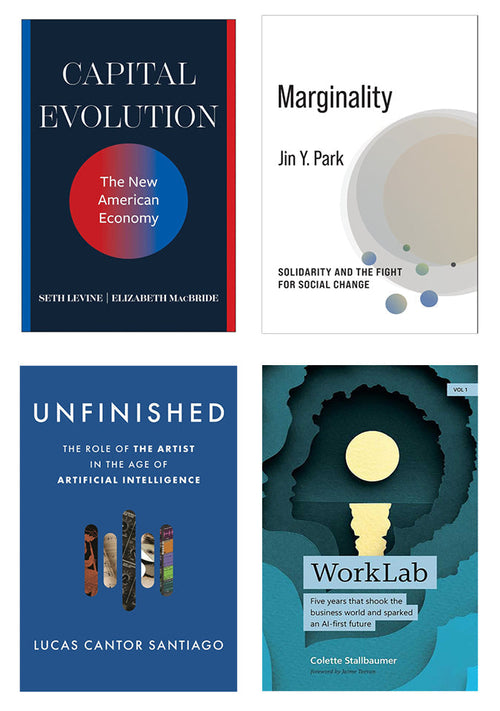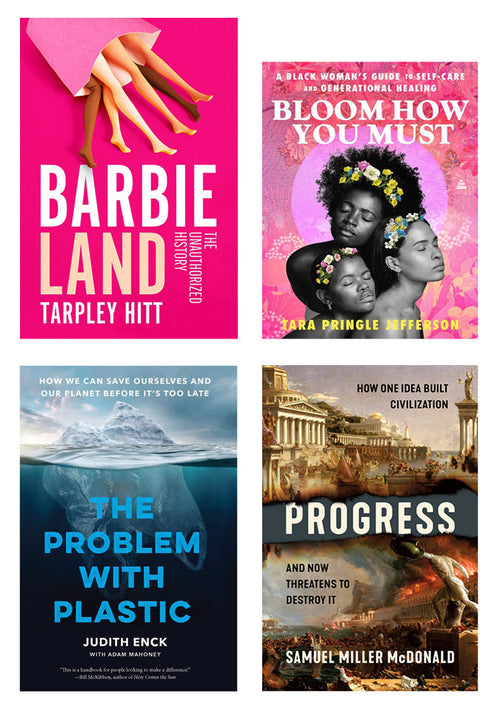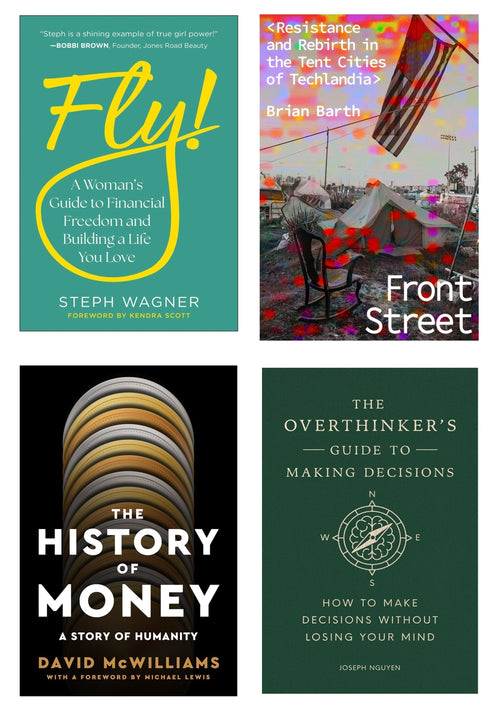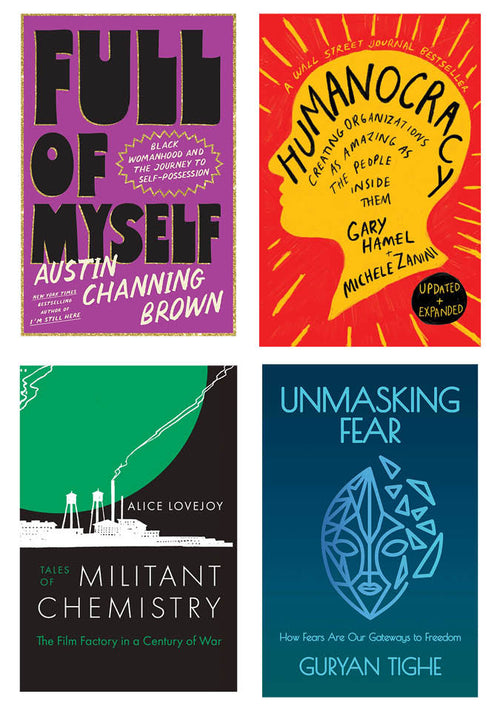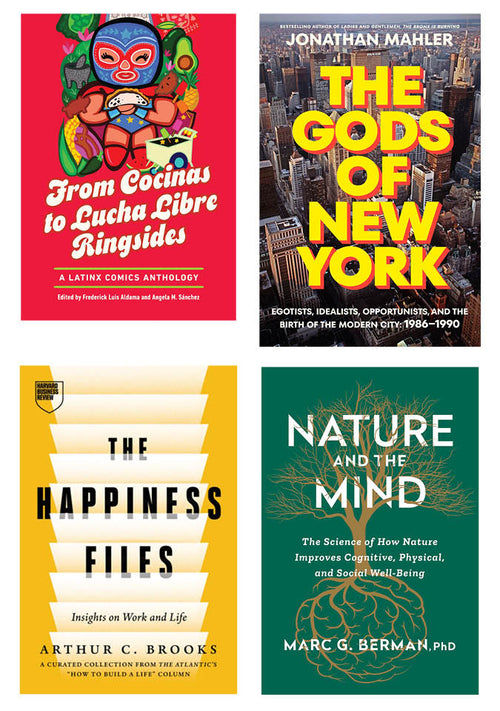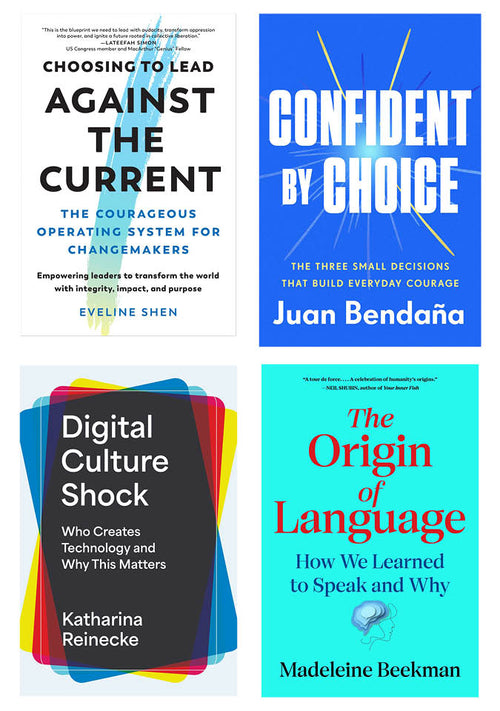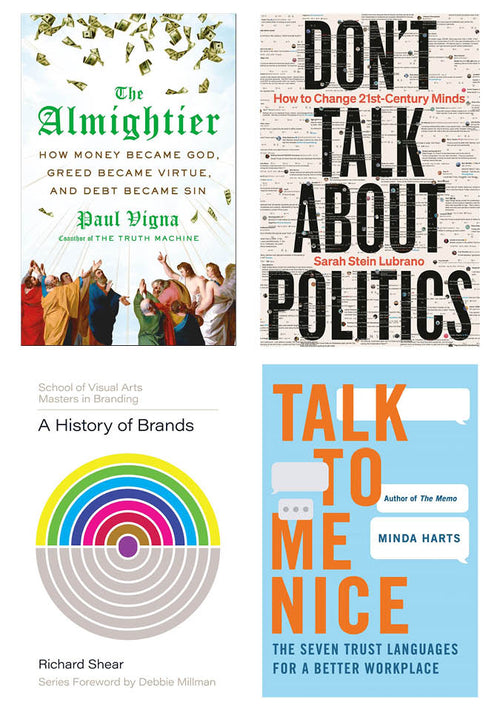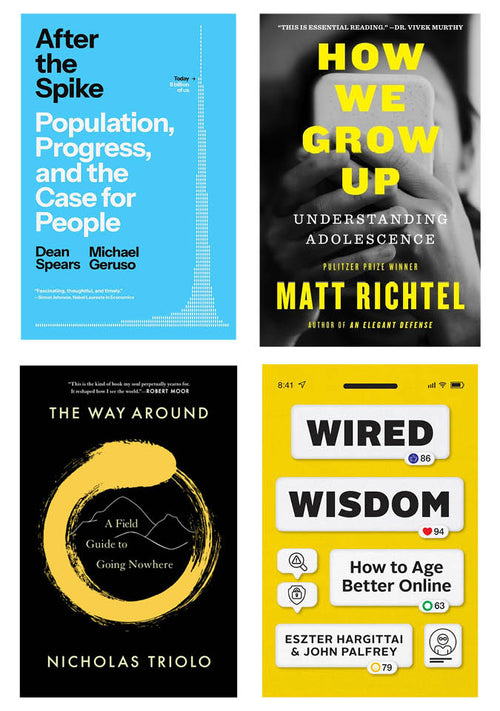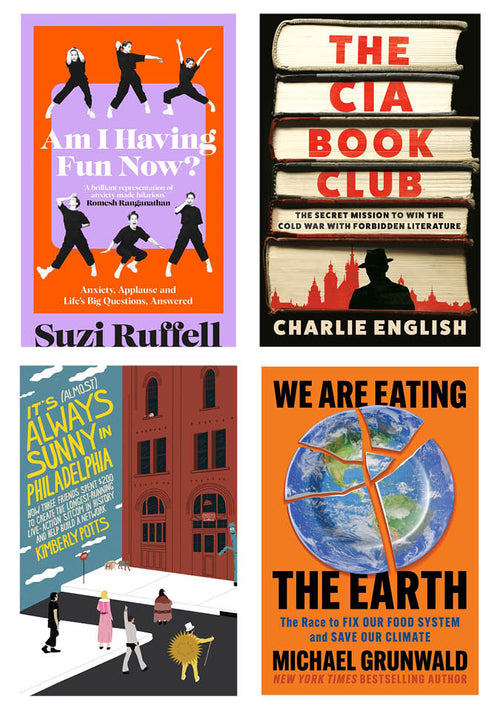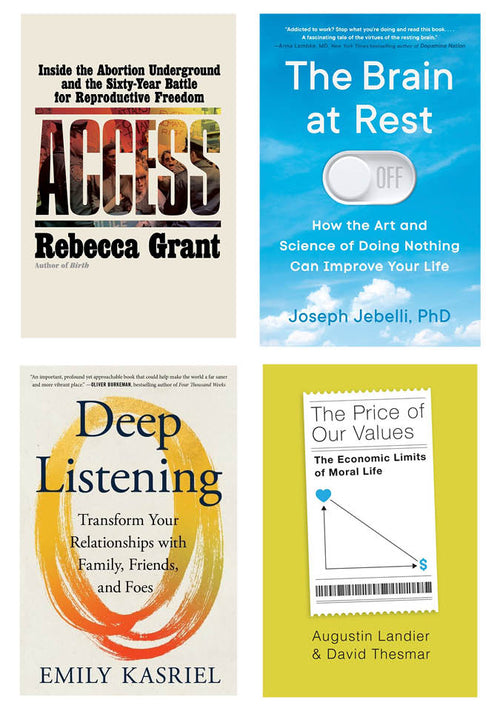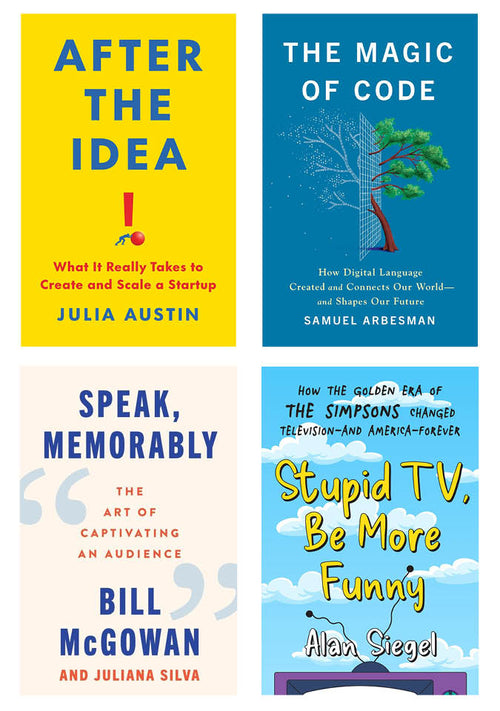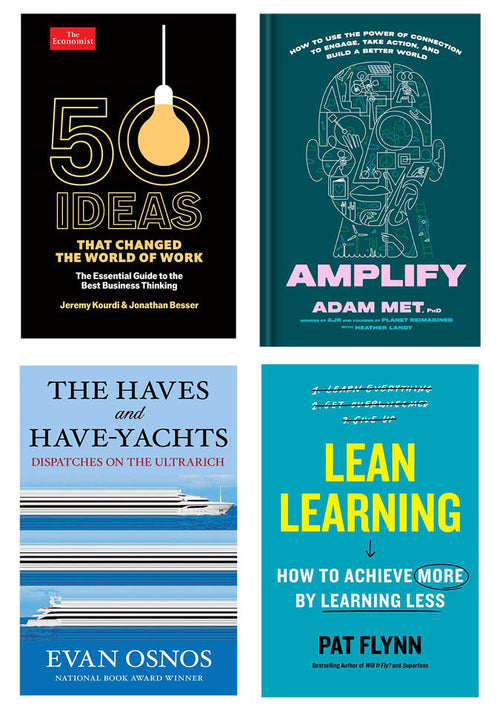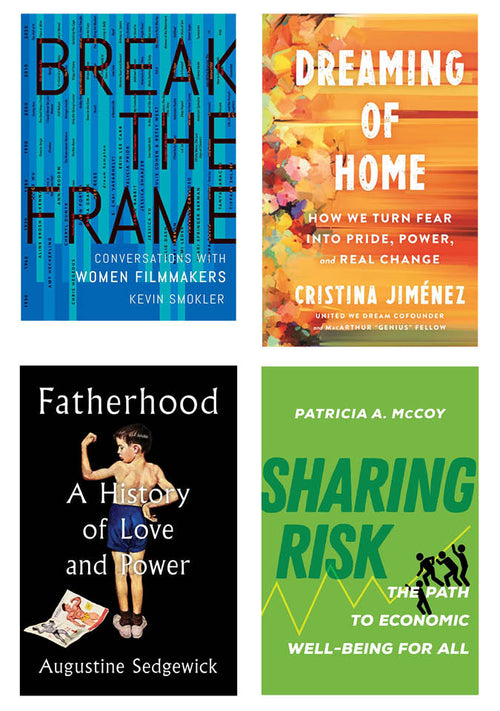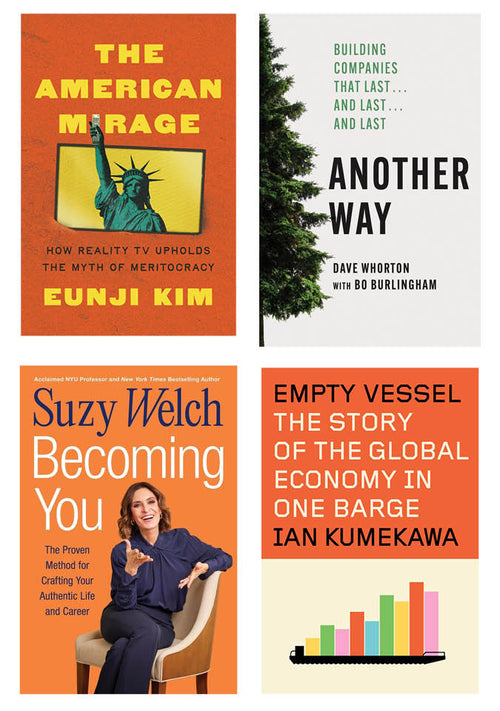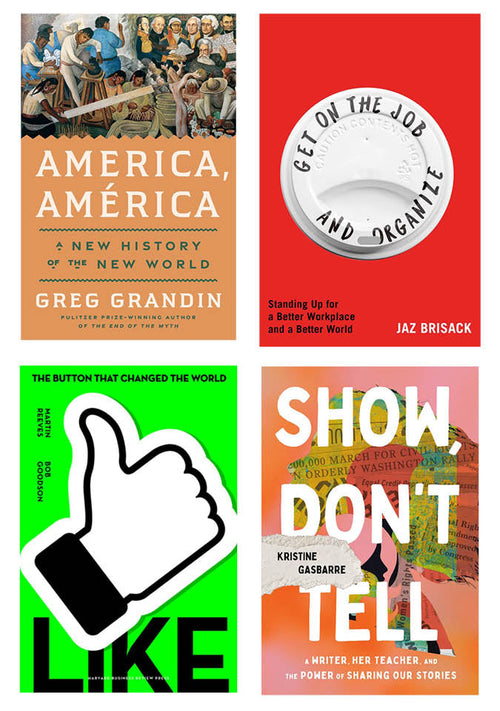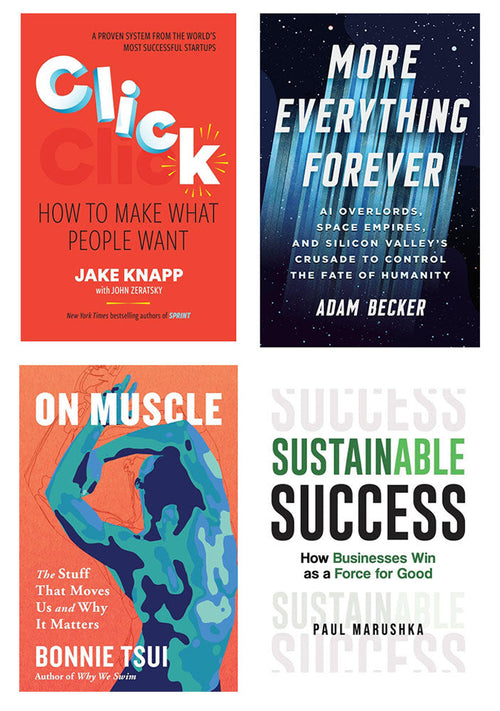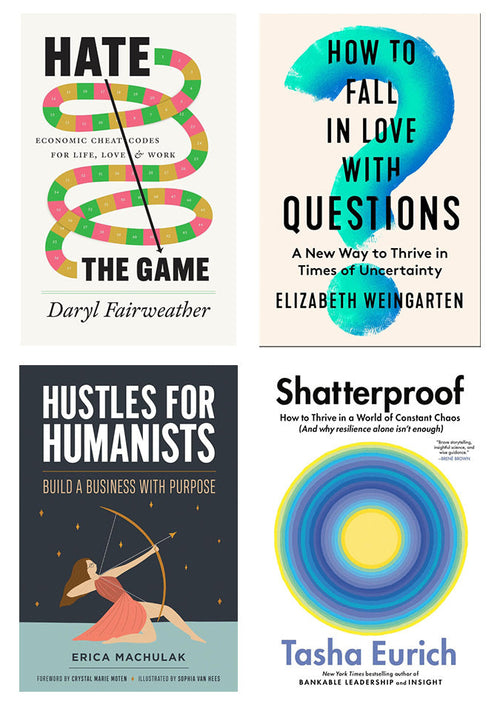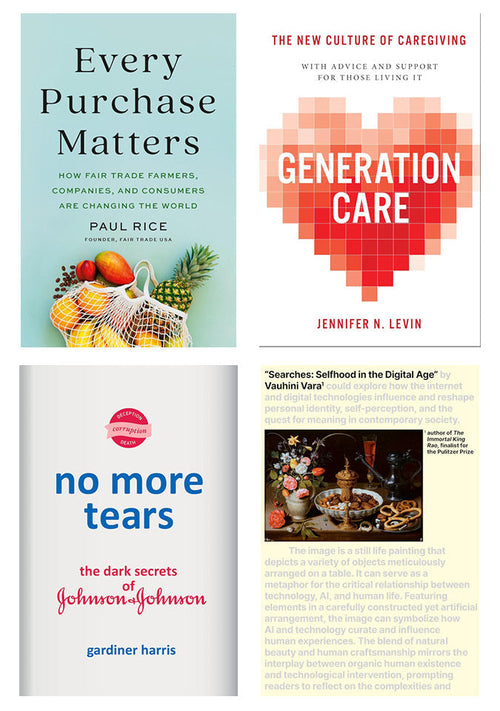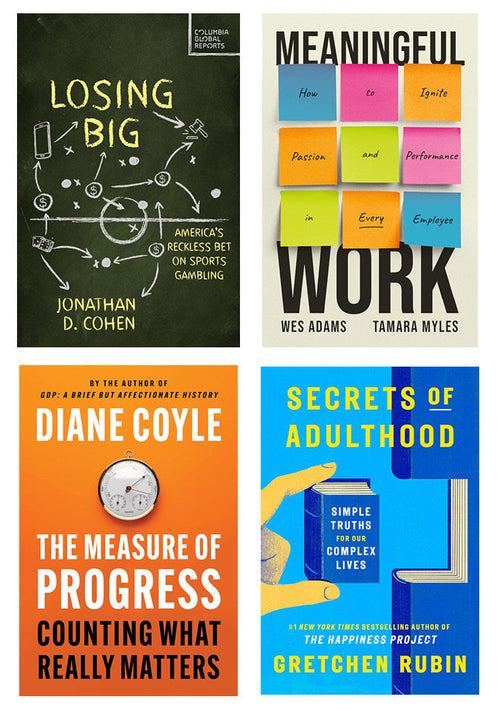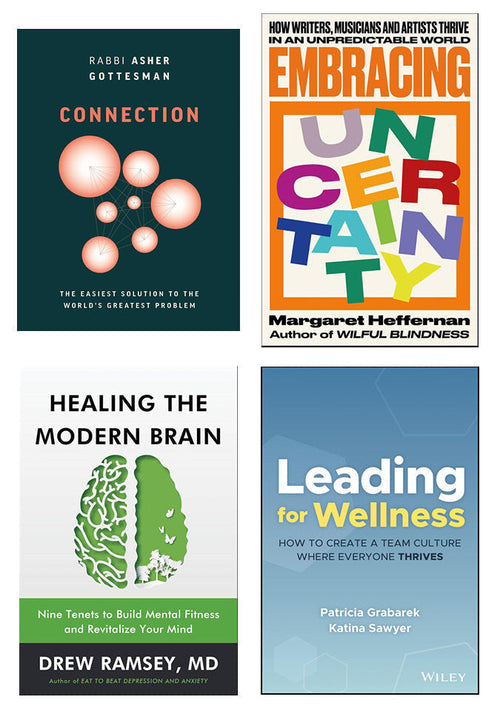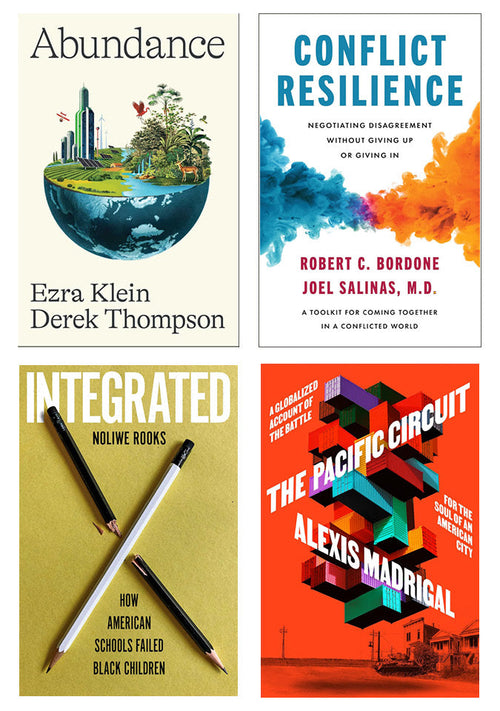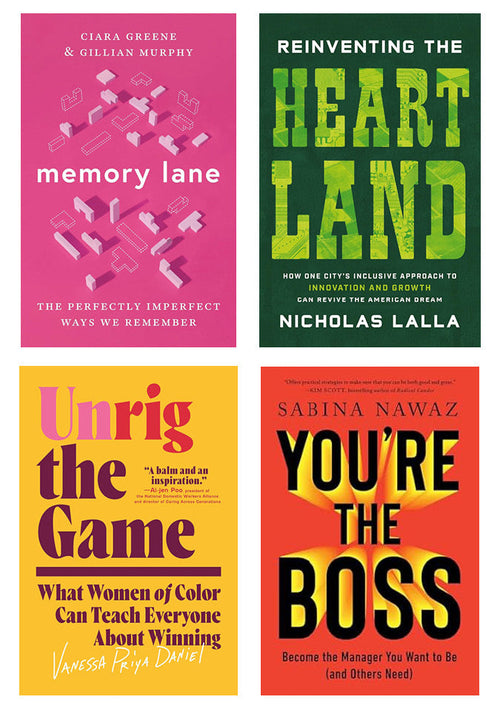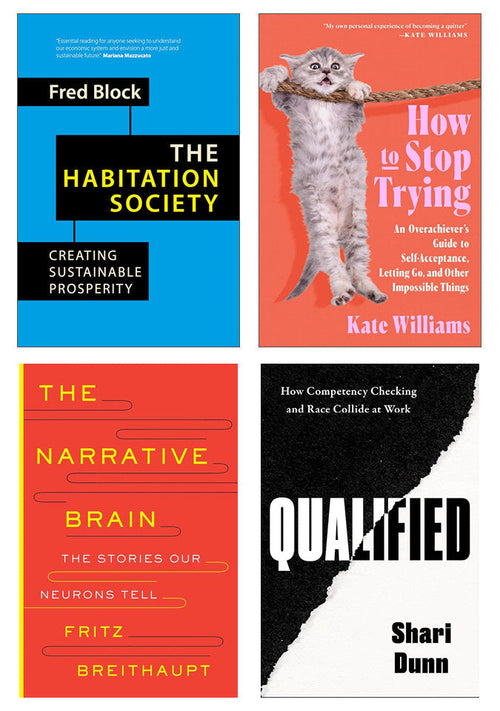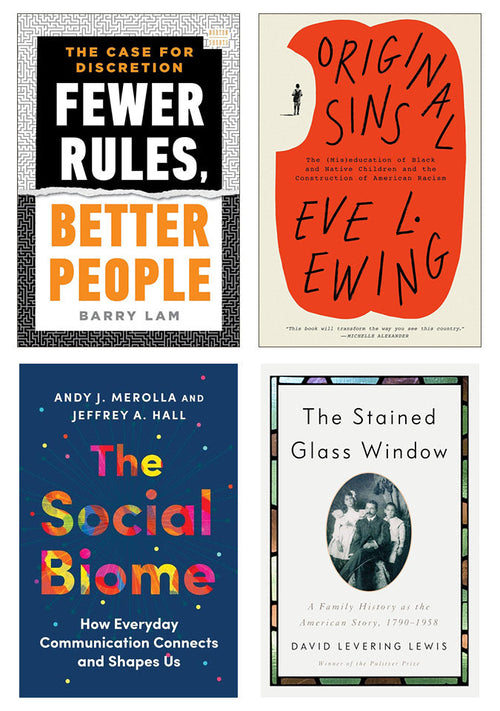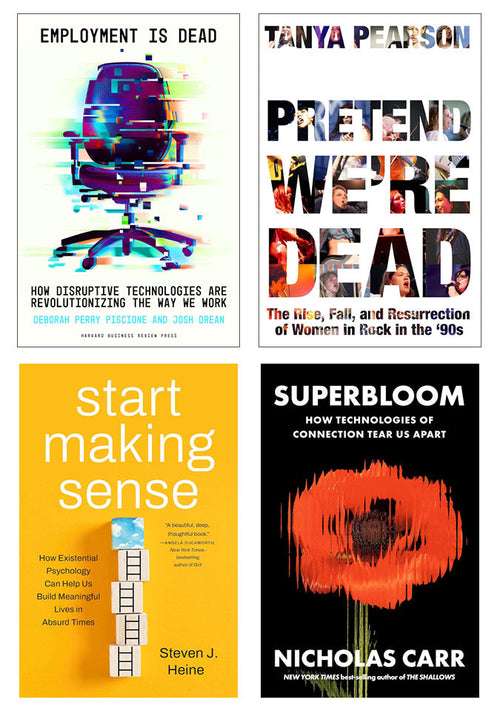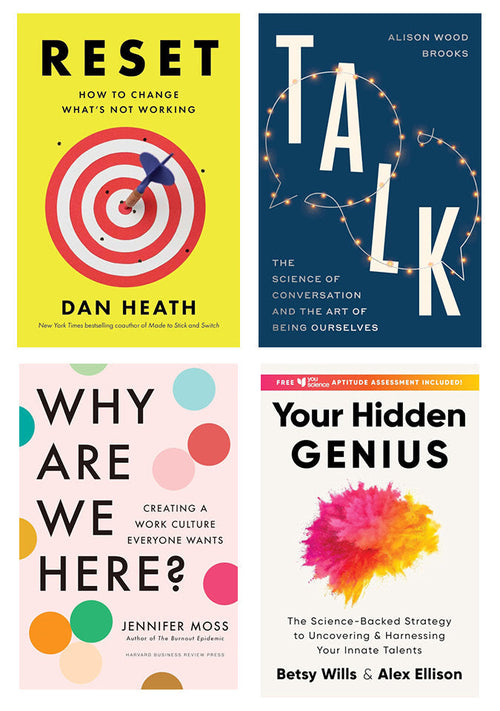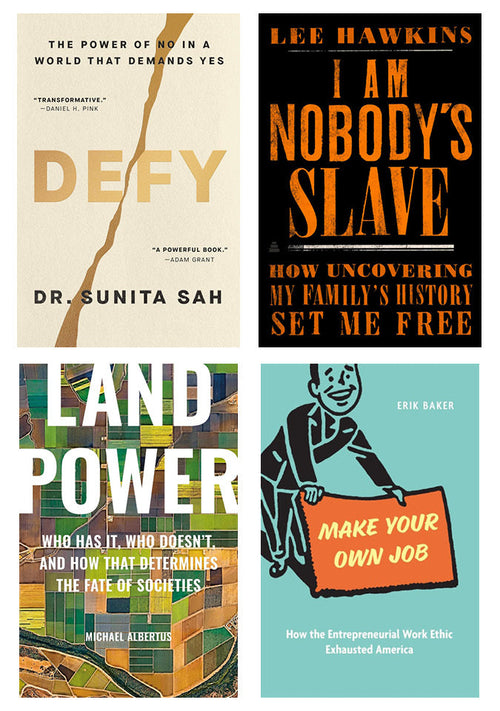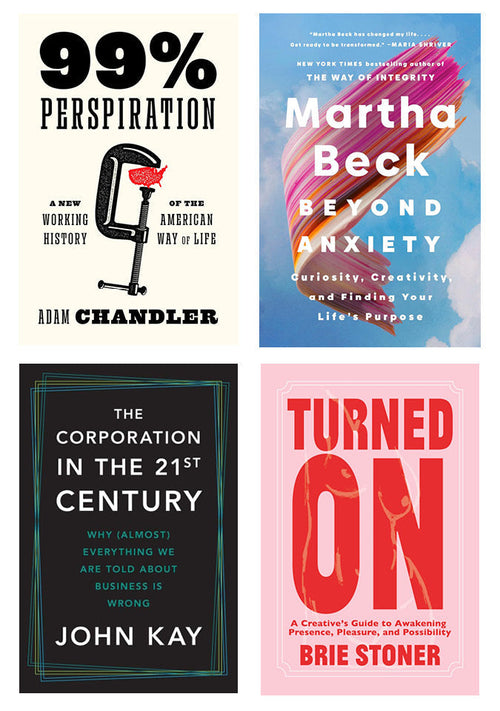Books to Watch | December 7, 2021
Each and every week, our marketing team—Dylan Schleicher (DJJS), Gabbi Cisneros (GMC), and Emily Porter (EPP)—highlights a few new books we are most excited about.
We are in the homestretch of our awards season, so our Staff Picks and Books to Watch feature will be on a sort of hiatus while we buckle down on our deliberations. We are still picking the books we are most excited about for our Books to Watch each week, but we will be using the publisher’s jacket copy instead of writing our own words about the books.
This week, our choices are:
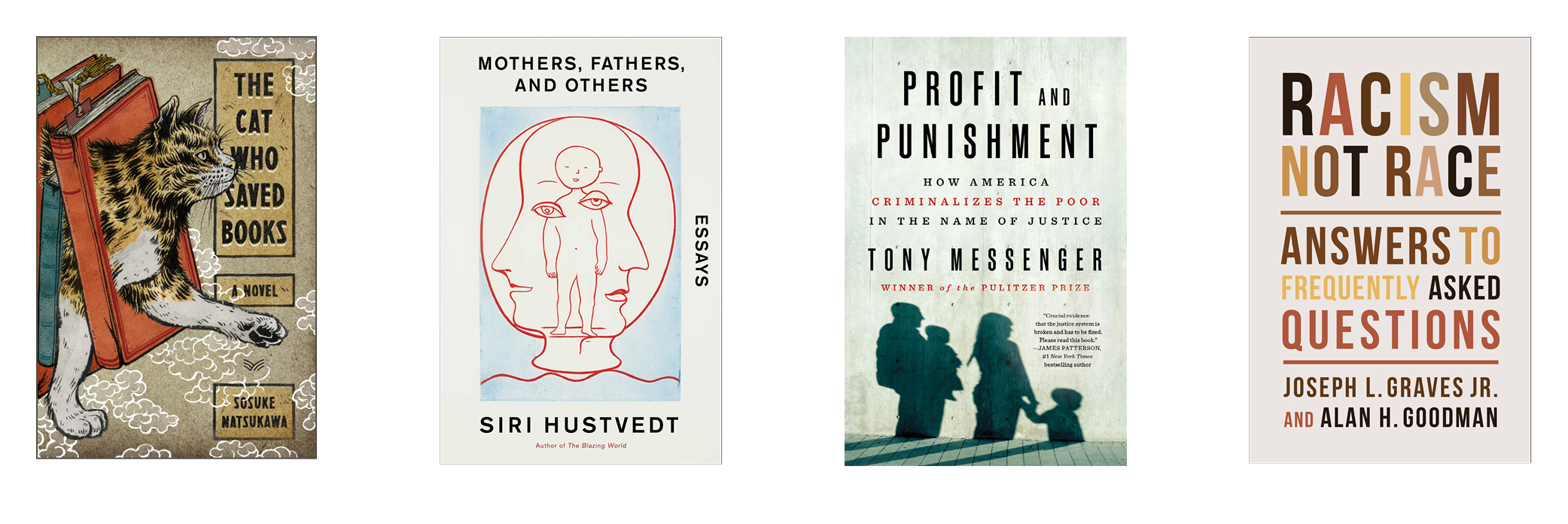
The Cat Who Saved Books: A Novel by Sosuke Natsukawa, HarperVia (EPP)
The #1 Japanese bestseller—a celebration of books, cats, and the people who love them, infused with the heartwarming spirit of The Guest Cat and The Travelling Cat Chronicles.
Bookish high school student Rintaro Natsuki is about to close the secondhand bookstore he inherited from his beloved bookworm grandfather. Then, a talking cat named Tiger appears with an unusual request. The feline asks for—or rather, demands—the teenager’s help in saving books with him. The world is full of lonely books left unread and unloved, and Tiger and Rintaro must liberate them from their neglectful owners.
Their mission sends this odd couple on an amazing journey, where they enter different mazes to set books free. Through their travels, Tiger and Rintaro meet a man who leaves his books to perish on a bookshelf, an unwitting book torturer who cuts the pages of books into snippets to help people speed read, and a publishing drone who only wants to create bestsellers. Their adventures culminate in one final, unforgettable challenge—the last maze that awaits leads Rintaro down a realm only the bravest dare enter . . .
An enthralling tale of books,first love, fantasy, and an unusual friendship with a talking cat, The Cat Who Saved Books is a story for those for whom books are so much more than words on paper.
Mothers, Fathers, and Others: Essays by Siri Hustvedt, Simon and Schuster (GMC)
Feminist philosophy meets family memoir in this new essay collection from Siri Hustvedt, an exploration of the shifting borders that define human experience, including boundaries we usually take for granted—between ourselves and others, nature and nurture, viewer and artwork—which turn out to be far less stable than we imagine.
Described as “a 21st-century Virginia Woolf” in the Literary Review (UK), Man Booker longlisted Hustvedt displays her expansive intellect and interdisciplinary knowledge in this collection that moves effortlessly between stories of her mother, grandmother, and daughter to artistic mothers, Jane Austen, Emily Brontë, and Lousie Bourgeois, to the broader meanings of maternal in a culture shaped by misogyny and fantasies of paternal authority. Mothers, Fathers, and Others is a polymath’s journey into urgent questions about familial love and hate, human prejudice and cruelty, and the transformative power of art.
This moving, fierce, and often funny book is finally about the fact that being alive means being in states of constant, dynamic exchange with what is around us, and that the impulse to draw hard and fast conceptual borders where none exist carries serious theoretical and political dangers.
Profit and Punishment: How America Criminalizes the Poor in the Name of Justice by Tony Messenger, St. Martin's Press (DJJS)
Pulitzer Prize winner Tony Messenger offers the first humane, journalistic expose of an American tragedy: Modern-day debtor's prisons and how they've destroyed the lives of poor Americans.
Profit and Punishment is the most comprehensive look at the criminalization of poverty in the U.S., joining a growing and popular genre that is making a difference. It is Charged meets Evicted, focusing on that touchstone issue of the criminal justice reform movement: the insidious use of fines and fees to raise money for broken government budgets off the backs of the poor, and the partnership those governments have formed with for-profit companies that are getting rich on the backs of people incarcerated for minor crimes.
In a feat of exceptional reporting, Profit and Punishment reveals a familiar reality to the nation's poor, anchored by the stories of three single mothers living in poverty, one in Oklahoma, one in Missouri, and one in South Carolina, who are abused by a judicial system more focused on debt collection than public safety.
All over the country, similar schemes are criminalizing the vulnerable and the poor, with the full support of politicians in both parties. The geography is Missouri, South Carolina, and Oklahoma. The story is American.
Racism, Not Race: Answers to Frequently Asked Questions by Joseph L. Graves, Jr. & Alan H. Goodman, Columbia University Press (GMC)
The science on race is clear. Common categories like “Black,” “white,” and “Asian” do not represent genetic differences among groups. But if race is a pernicious fiction according to natural science, it is all too significant in the day-to-day lives of racialized people across the globe. Inequities in health, wealth, and an array of other life outcomes cannot be explained without referring to “race”—but their true source is racism. What do we need to know about the pseudoscience of race in order to fight racism and fulfill human potential?
In this book, two distinguished scientists tackle common misconceptions about race, human biology, and racism. Using an accessible question-and-answer format, Joseph L. Graves Jr. and Alan H. Goodman explain the differences between social and biological notions of race. Although there are many meaningful human genetic variations, they do not map onto socially constructed racial categories. Drawing on evidence from both natural and social science, Graves and Goodman dismantle the malignant myth of gene-based racial difference. They demonstrate that the ideology of racism created races and show why the inequalities ascribed to race are in fact caused by racism.
Graves and Goodman provide persuasive and timely answers to key questions about race and racism for a moment when people of all backgrounds are striving for social justice. Racism, Not Race shows readers why antiracist principles are both just and backed by sound science.


